Is your chemistry exam coming? Do you need some help with your homework?
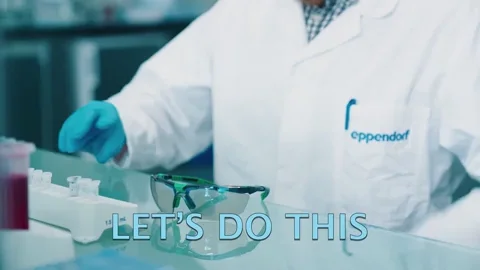
ChatGPT can help you study for upcoming exams or help with homework that's got you stumped.
Follow these three steps to create ChatGPT prompts that give you a deeper understanding of chemistry topics.
1. Identify Your Learning Goals
Before you dive into ChatGPT, ask yourself what chemistry topics and learning goals you want to focus on.

Here's an example how you can identify your chemistry topic and learning goals:
Imagine you're reviewing chemical reactions. Since it's a broad topic, you can narrow it down. You can choose to focus on the types of chemical reactions, specifically acid-base reactions.
Now that you have your specific topic, you need to define your learning goals. Think of your learning goals as specific outcomes that you want to achieve.
Do you want to practice identifying acids, bases, and their conjugate pairs in chemical equations? Do you want to practicepredicting the products of acid-base reactions?
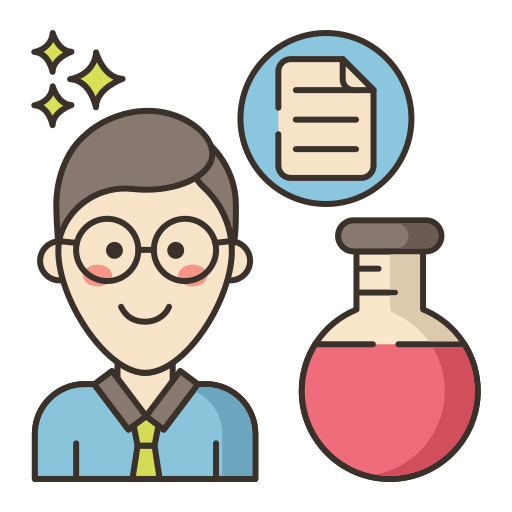
So a guide for your ChatGPT session can look like this:
Topic: acid-base reactions
Learning goals:
Identify acids, bases, and their conjugate pairs in chemical equations.
Differentiate between strong acids and weak acids / strong bases and weak bases
Predict the products of acid-base reactions.
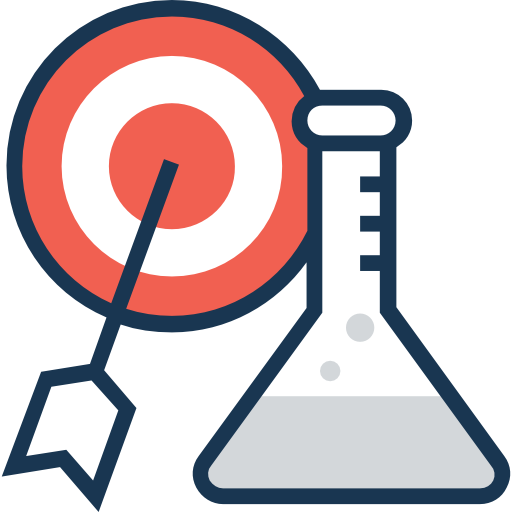
When you're specific about the information you want to know, you can create questions that are clear and concise. Remember, the quality of ChatGPT's responses depends on the quality of your prompts.
2. Create Effective ChatGPT Prompts
Now that you've identified the specific chemistry topic and learning goals that you want, you can start creating your ChatGPT prompts. Think of ChatGPT as a study assistant that can simplify your learning journey.
Consider how ChatGPT prompts can help in your learning goals:
Checking your homework
Creating study guides
Generating practice questions
Summarizing and explaining notes

Make use of ChatGPT's abilities and tailor it for your chemistry studies to:
Provide detailed explanations fo concepts
Create step-by-step instructions for solving a problem
Provide real-world examples to deepen your understanding
Write songs to help you memorize important details
Provide the best ChatGPT prompts
Example ChatGPT prompts:
Can you explain what an acid-base reaction is?
Create detailed instructions on how to balance this chemical equation...
Can you provide 3 real-world examples of neutralization reactions?
Can you make a song to help me memorize examples of acids and bases?
Can you create a list of prompts to help me study acid-base reactions?

Here is an example of how you can start your conversation with ChatGPT prompts:
Initial prompt:
"Can you help me study how to identify acids and bases in acid-base reactions for high school chemistry? Include clear example reactions based on common acids and bases."
Then you can ask additional requests like this:
Follow-up prompt:
"Can you quiz me with 5 multiple-choice questions to check my understanding?"
You can try out different prompt structures, such as asking for definitions, explanations, or problem-solving strategies.
3. Refine Your Prompts
Constantly check on ChatGPT's responses to see if they're clear, helpful and correct. You can further strengthen your higher-order thinking skills while using ChatGPT prompts.
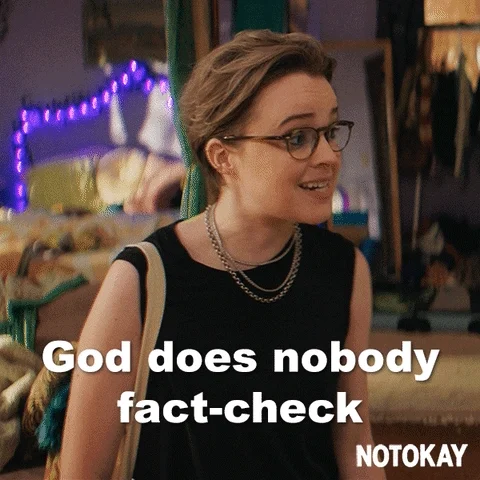
Here are ways to check if ChatGPT's responses are correct:
Ask ChatGPT to list down the resources used for the responses.
Cross-check with your textbook and other resources (you can even Google it).
Provide a snippet of information from your study materials.
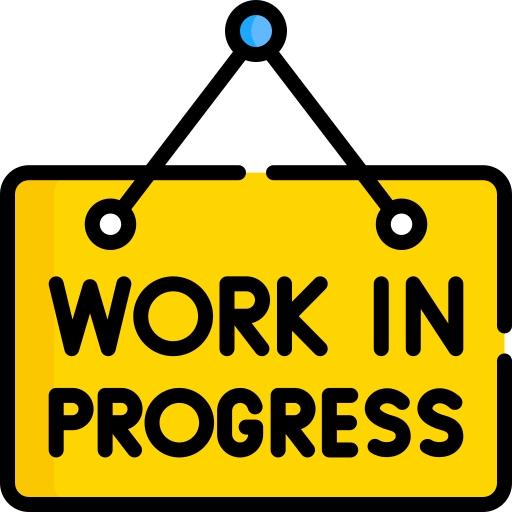
Let's see how we can tweak our last prompts. If you feel like ChatGPT’s response didn’t go in the level required in your curriculum, just say how detailed you want it to be.
Initial prompt:
"Can you help me study how to identify acids and bases in acid-base reactions for high school chemistry? Include clear example reactions based on common acids and bases."
Adjusted prompts:
"Can you help me study how to identify acids and bases in acid-base reactions for AP Chemistry, focusing on the Arrhenius and Brønsted-Lowry definitions? Use clear examples with common acids and bases like HCl, H₂SO₄, NaOH, and Ca(OH)₂, showing how to recognize acids, bases, and their conjugate pairs."
"Can you create 5 multiple-choice questions based on reaction examples to quiz my understanding of identifying acids and bases?"
Follow-up prompt:
"Can you quiz me with 5 multiple-choice questions to check my understanding?"
Continue to revise your ChatGPT prompts to get more specific and targeted responses. Take note of the topics that you still need to improve on and refine your prompts to focus on these.
Quiz
James is revising for his chemistry test and used ChatGPT to help him study. Which is NOT a good way to make sure that he is getting the correct information?
Take Action
Ready to take your chemistry learning to the next level with ChatGPT prompts?
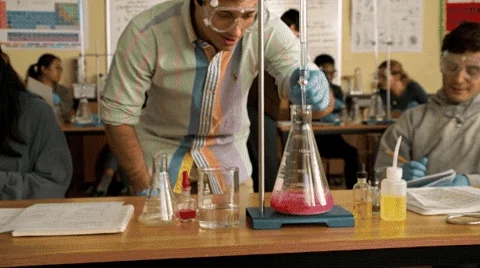
Your feedback matters to us.
This Byte helped me better understand the topic.
